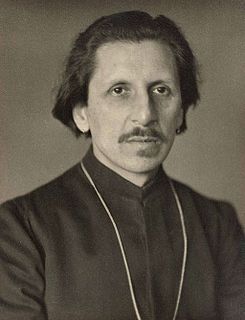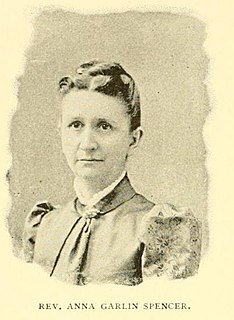A Quote by Albert J. Nock
Instead of recognizing the State as ‘the common enemy of all well-disposed, industrious and decent men,’ the run of mankind, with rare exceptions, regards it not only as a final and indispensable entity, but also as, in the main, beneficent. The mass-man, ignorant of its history, regards its character and intentions as social rather than anti-social; and in that faith he is willing to put at its disposal an indefinite credit of knavery, mendacity and chicane, upon which its administrators may draw at will.
Quote Topics
Administrators
Also
Anti
Character
Common
Common Enemy
Credit
Decent
Disposal
Draw
Enemy
Entity
Exceptions
Faith
Final
History
Ignorant
Indefinite
Indispensable
Industrious
Instead
Intentions
Knavery
Main
Man
Mankind
Mass
May
Men
Mendacity
Only
Put
Rare
Rather
Recognizing
Regards
Run
Social
State
Than
Well
Which
Will
Willing
Related Quotes
It [the State] has taken on a vast mass of new duties and responsibilities; it has spread out its powers until they penetrate to every act of the citizen, however secret; it has begun to throw around its operations the high dignity and impeccability of a State religion; its agents become a separate and superior caste, with authority to bind and loose, and their thumbs in every pot. But it still remains, as it was in the beginning, the common enemy of all well-disposed, industrious and decent men.
If any student of social science comes to appreciate the case of the Forgotten Man, he will become an unflinching advocate of strict scientific thinking in sociology, and a hard-hearted skeptic as regards any scheme of social amelioration. He will always want to know, Who and where is the Forgotten Man in this case, who will have to pay for it all?
The problem of values arises only when men try to fit together their need to be social animals with their need to be free men. There is no problem, and there are no values, until men want to do both. If an anarchist wants only freedom, whatever the cost, he will prefer the jungle of man at war with man. And if a tyrant wants only social order, he will create the totalitarian state.
He who esteems the Virginia reel A bait to draw saints from their spiritual weal, And regards the quadrille as a far greater knavery Than crushing His African children with slavery, Since all who take part in a waltz or cotillon Are mounted for hell on the devil's own pillion, Who, as every true orthodox Christian well knows, Approaches the heart through the door of the toes.
We also need to find a language capable of defending government as an element of the common good, one that does not define itself as both a punishing and corporate state. This is not merely a matter of redefining sovereignty, but also rethinking what is distinctive about the social state, social responsibility, and the common good.
For there is no virtue, the honour and credit for which procures a man more odium from the elite than that of justice; and this, because more than any other, it acquires a man power and authority among the common people. For they only honour the valiant and admire the wise, while in addition they also love just men, and put entire trust and confidence in them.
The popular books are the novels, dealing with life under all possible conditions, and they are widely read not only because they are entertaining, but also because they in a measure satisfy an unformulated belief that to see farther, to know all sorts of men, in an indefinite way, is a preparation for better social adjustment--for the remedying of social ills.







































